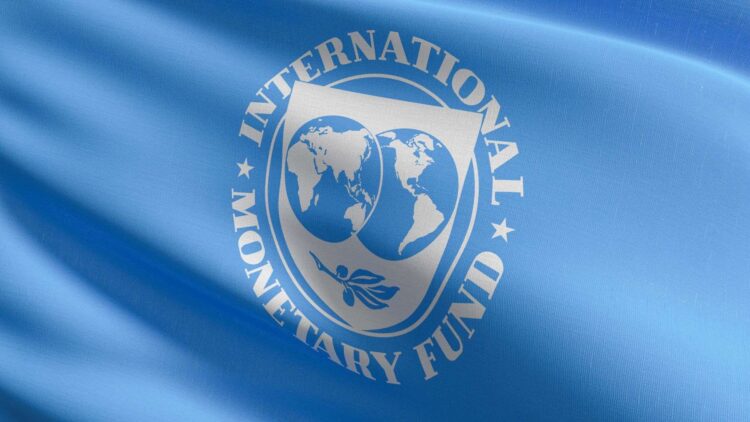During the IMF Article IV Consultation, the UAE authorities outlined the remarkable economic recovery of the UAE, while also highlighting potential imbalances, particularly in the real estate sector. In the press release dated October 2, 2025, the IMF stated that the UAE economy shows growing resilience, despite the global economic challenges, especially considering the expected growth of 4.2% of the real GDP in 2025. This will be attributed to strong growth in the non-oil sector, public investment, and value-added tourism and domestic consumption.
The rapid recovery of the UAE economy is the result of a performing non-oil sector
The IMF also acknowledged the country’s leadership in maintaining fiscal conservatism while progressing with structural reforms. The UAE also benefits from low inflation, a strong and liquid financial system, and a well-capitalized and liquid banking sector.
The IMF specifically noted the overheating risks of the real estate sector and potential financial imbalance as the rebound of the property market continues to escalate. The IMF notes, highlighting the importance of tightening macroprudential belts and the control of credit growth to the real estate market fundamentals:
“Risk management is the real estate sector’s overheating will require monitoring management.”
As part of the UAE’s economic diversification strategy, the property market continues to gain foreign direct investments and boost the diversification of the construction and related industries. But the sector still has the potential to generate economic volatility cycles through self-correction during seasons of rapid growth, increasing process, and dramatic collapses.
IMF increase in prices shows improvement in investor sentiment
According to Mirage News, the IMF has turned into a case where the increase in prices shows improvement in investor sentiment, aggressive demand, and thus suggests that the education of the community on the prices of the real estate market should be practiced.
The Central Bank of the UAE has taken steps to realign lending; however, the IMF still highlights the need to shift the focus to needed policy changes regarding lending and real estate exposure.
The strategic intent is being captured by the vision, while the UAE structural focus from the IMF was in the direction of dealing with economic structural issues of the real estate market reforms. To increase the shifting flow of changes of investments with VAN reforms, business, and economic controls have shifted the stated economic flow of the country.
IMF notes that the UAE COP28 market was led by the host, the UAE. The fund, led by the climate equity UAE, is a climate case, commending the shift of the vision, thus the need for where the focus should be for COP28, to continue leading in investment vision in the country on renewables and green financing.
The acceleration and consolidation of economic risks will result in intervention by the IMF
For the UAE to keep track of its dynamic economy and protect the underlying risks, the IMF commented on the following:
- The real estate finance sectors require additional provision of macroprudential oversight.
- Planning and preparing for external fiscal shocks.
- The decline in economic productivity and the private sector makes it necessary to pursue structural reforms and focus on economic participation.
- Incredible growth should be promoted holistically, inclusive of reforming the labor market and assisting with minorities in business and entrepreneurship.
- Focus on climate change and continued protection and promotion of the economy, as investment will provide returns.
The UAE revision by the IMF will greatly and genuinely encompass the work momentum and progress the UAE has achieved as an exceptional reforming economy. The IMF will still take into account the risks. There will be a need to control the complex and global environment, and the UAE will continue to achieve, and further economic reforms will ensure that.


